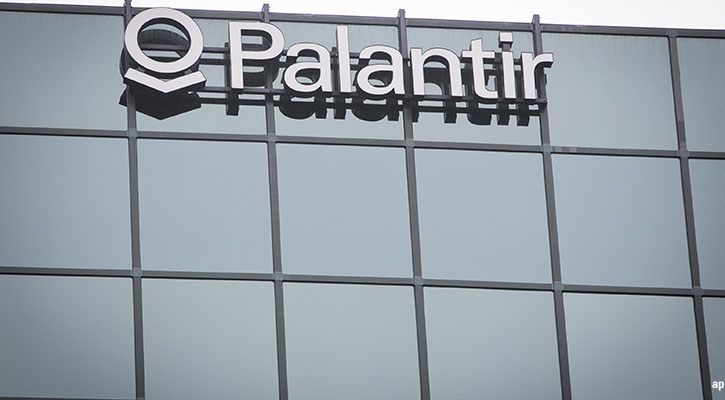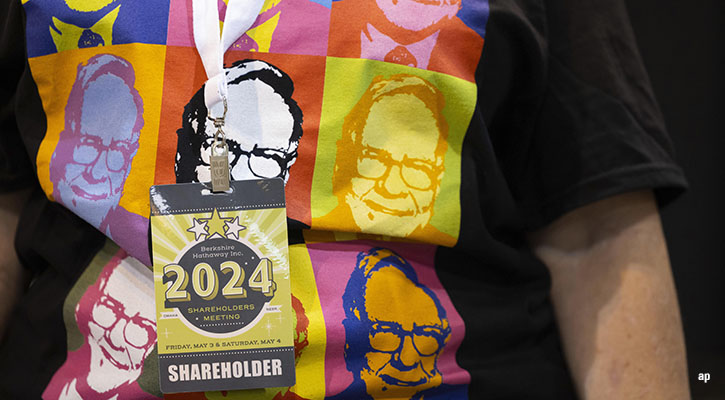All About ETFs
ETFs are baskets of individual securities that, unlike OEICs or unit trusts, are traded and priced throughout the day on an exchange. They almost always replicate an index (there has been persistent talk of actively managed ETFs, though none have appeared as yet), but many charge less for their services than regular index funds do. Because the fund
s don’t have to service individual investors accounts (your account is with your brokerage), they can avoid many of the costs regular funds are saddled with. Investors pay just a brokerage commission for the trade and often incur a fraction of the total expense ratio (TER) that retail OEICs or unit trusts charge. The average TER for developed market equity ETFs, for instance, was just 0.38% while emerging market equity ETFs carried a TER of just 0.74% per annum as of December 2006.
More Competition a Boon
The Lyxor launch may be a harbinger of things to come. Until now, Barclay’s iShares were the only ETFs available on the London market due in part to an irksome stamp duty rule that created a major disincentive for overseas fund companies to list here. Since the withdrawal of this rule in February 2007 (as we predicted in our fund commentary here), the playing field has opened up. Lyxor has taken advantage of this with the launch of the three new ETFs. The TERs of the new offerings are 0.3% (FTSE 100), 0.35% (FTSE 250), and 0.4% (FSTE All Share) per annum. That gives existing tracker funds and ETFs strong competition: the Lyxor FTSE 100 and FTSE 250 are now the cheapest available offerings for exposure to these indexes (the iShares FTSE 100 and iShares FTSE 250 ETFs charge 0.4% per annum while the lowest-priced FTSE 100 unit trust carries a TER of 0.41%). Even so, the Lyxor FTSE All-Share ETF (the only ETF that tracks this index), is still not the cheapest All-Share offering around. The Fidelity Moneybuilder UK Index fund can be had for an even cheaper 0.3% TER (as we note in our qualitative fund analysis of this offering.)
When it comes to indexing, costs are paramount and we’re glad to see increased competition leading to lower costs. Investors looking for dirt-cheap UK index exposure would do well to consider these ETFs options.























